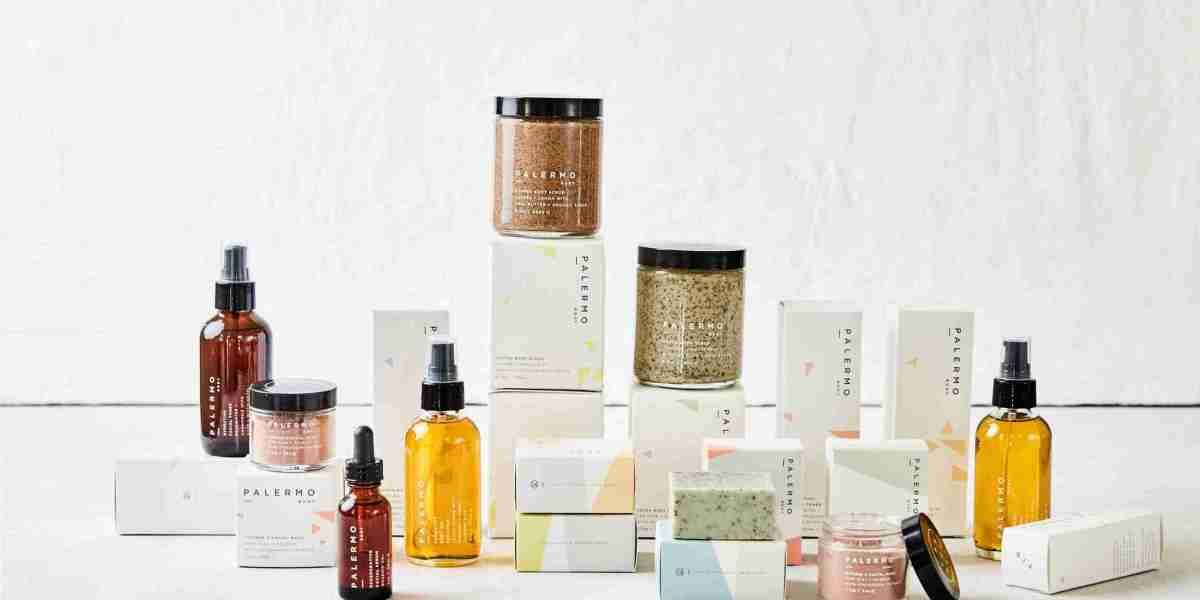Introduction
In a highly competitive and crowded skin care products market, trust and credibility are key factors influencing consumer decisions. Amid thousands of product claims and trends, dermatologist-recommended brands stand out as a reliable choice for many consumers seeking proven efficacy and safety. These brands benefit from clinical validation, strong reputations, and often, minimalistic formulations that focus on results. As skincare routines become more ingredient-focused and science-driven, the role of dermatologist-backed brands has become more significant than ever.
The Growing Influence of Dermatologist Recommendations
Today’s consumers are more educated and cautious about what they apply to their skin. With growing concerns around sensitivity, allergies, and long-term skin health, many individuals turn to professionals—particularly dermatologists—for product guidance. According to recent market insights, nearly 45% of skincare consumers consider dermatologist approval or recommendation a key factor in their purchasing decisions.
This growing trust in medical expertise has led to a rise in:
Clinically-tested and hypoallergenic products
Brands collaborating with skincare professionals
Demand for medical-grade and dermocosmetic solutions
Characteristics of Dermatologist-Recommended Brands
Dermatologist-recommended brands are distinguished by several key attributes:
1. Evidence-Based Formulations
They prioritize clinically tested ingredients backed by scientific research, such as:
Niacinamide
Ceramides
Hyaluronic acid
Retinoids
Salicylic acid
2. Minimalist and Gentle Ingredients
Most of these brands avoid irritants like artificial fragrances, parabens, sulfates, and alcohol—making them ideal for sensitive skin types.
3. High Standards of Testing
These products often undergo dermatological testing, non-comedogenic certification, and sensitivity trials to ensure safety and effectiveness.
4. Professional Branding
They maintain a clinical, results-driven image—often with simple packaging and ingredient transparency—to build trust with consumers.
Leading Dermatologist-Recommended Skincare Brands
1. CeraVe
Developed with dermatologists, CeraVe offers a wide range of products featuring ceramides and niacinamide to repair the skin barrier. It is especially favored for eczema-prone, dry, and sensitive skin.
2. La Roche-Posay
Known for its thermal spring water-based products, La Roche-Posay delivers targeted solutions for acne, rosacea, and reactive skin. The brand is widely recommended by dermatologists worldwide.
3. Neutrogena
With a broad product portfolio, Neutrogena combines affordability with dermatologist-developed formulas, making effective skincare accessible to mass markets.
4. Eucerin
A leader in dermocosmetics, Eucerin offers medical-grade formulations for issues like hyperpigmentation, aging, and atopic dermatitis.
5. Vichy
Recommended by skincare professionals for anti-aging and hydration, Vichy blends dermatological science with natural mineral water for effective, skin-compatible solutions.
6. Paula’s Choice
This brand is known for ingredient transparency and no-frills efficacy, often backed by detailed clinical research. Its exfoliants, like BHA and AHA toners, are cult favorites among dermatologists.
Why Consumers Trust These Brands
Professional Validation: Dermatologists recommending a product signal that it has passed stringent clinical standards.
Targeted Problem-Solving: These products often offer precise solutions for skin concerns like acne, eczema, sensitivity, aging, or hyperpigmentation.
Simplified Regimens: Dermatologist-backed brands often advocate streamlined routines, reducing product overload and skin irritation.
Market Impact and Growth Drivers
The trust in dermatologist-recommended skincare has contributed significantly to market growth, especially in segments such as:
Anti-aging: Consumers prefer products that promise visible results with expert backing.
Acne treatment: Dermatologist-endorsed products are viewed as safer and more effective alternatives to over-the-counter options.
Sensitive skin care: Medical-grade skincare is particularly valued for people with dermatological conditions like rosacea, eczema, and psoriasis.
According to market analysts, the dermatologist-recommended skincare segment is expected to grow at a CAGR of 6–8% through 2030, with increasing penetration in both developed and emerging markets.
Role in Medical and Retail Channels
Dermatology Clinics: Brands often partner with clinics to sell their products directly through dermatologists.
Pharmacies and Drugstores: Distribution through reputable medical retailers builds further trust among consumers.
Digital Health Platforms: Some brands integrate with teledermatology services, offering virtual consultations and personalized product recommendations.
Future Outlook
As the skincare industry continues to expand, the influence of dermatologist-recommended brands will likely increase due to:
A continued rise in skin health awareness
More collaborations between brands and medical professionals
Growth of personalized dermatology solutions
Emphasis on clean and clinical beauty trends
Conclusion
In a market saturated with promises and aesthetics, dermatologist-recommended brands stand out by offering substance, safety, and real results. As consumers prioritize skin health over hype, these brands are becoming central pillars of trust in the global skincare ecosystem. Their growing role not only boosts consumer confidence but also elevates standards across the entire skincare market.



